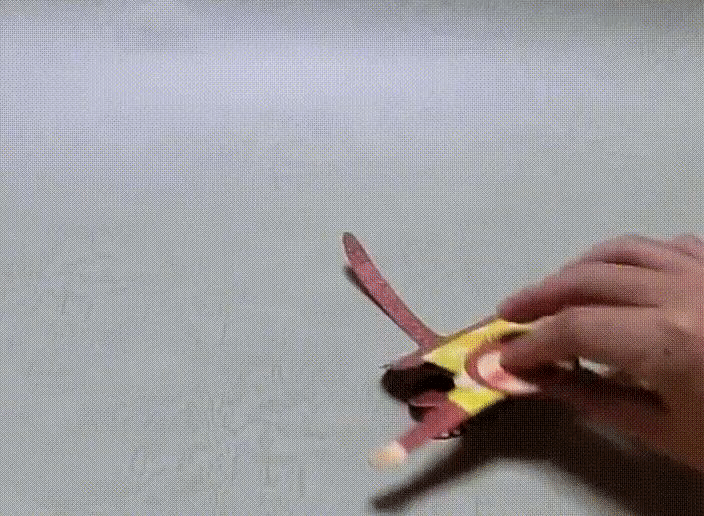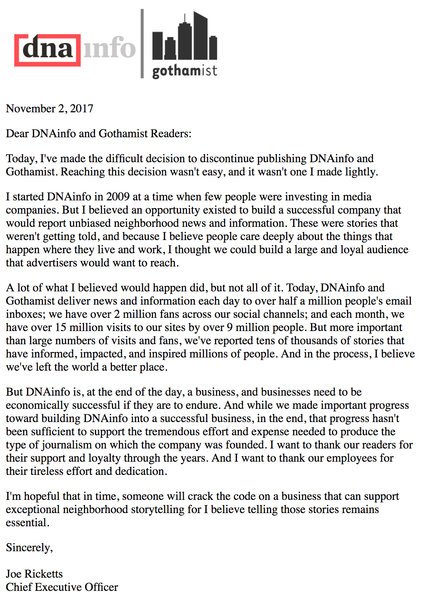Saturday, October 14, 2017

There’s little as cliché as writing about leaving social media. At the same time, I feel compelled to explain why I quit—and perhaps urge you to consider doing the same. Even if you aren’t quite ready to do so, there are things about Facebook you ought to know. Should you read this and decide to stay, at least you’ll do so more consciously.
“This is bullshit.”
I never minced words about my disdain for President Trump. He’s a bully, a misogynist, a racist, a luddite, and remains wildly uninformed. His narcissism and erratic behavior present a very real threat to all of us. Nevertheless, he somehow seems to evade the rules, laws, and policies, the rest of us live by.
On September 23rd, Trump played school ground tough guy, uttering threats at North Korea. I am in no way defending the actions of Kim Jong Un, whose apparent madness might outdo Trump’s. However, making threats via social media is hardly what one would expect of a rational president.

Trump’s tweet was in clear violation of Twitter’s use policies. This isn’t the first time he’s transgressed. In fact, it was just one of many. However, the chorus of opposition seemed to indicate that Twitter would finally have to enforce their policies, with this individual. Sadly, that was not the case. Instead, Twitter moved the goal posts, changing their policies—but only for those deemed “newsworthy”.
A long time Twitter user, I’ve likely written more on their platform than in my own books. So, the smart move might have been to pause, take stock, and then determine a next step. I am not always so measured in my actions. Instead, I noted my concern in a handful of tweets and left Twitter.
At first, I felt somewhat bewildered. Had I really left Twitter behind? My decision was so quick. Would I come to regret it? As the days passed, I relaxed about my choice. However, I then faced a conundrum. I knew that Facebook’s actions as of late were as dubious as Twitter’s. If I were willing to leave one platform over my beliefs, why did I continue to use the other?
The not-so-friendly giant
The notion of people connecting online is not, by nature, concerning. To the contrary, I argue this is the most wonderful aspect of the web. However, the means with which we’re presently doing so are problematic. Worse yet, the current forums run in direct opposition to what the web is supposed to be.
“The Web will have a profound effect on the markets and the cultures around the world: intelligent agents will either stabilise or destabilise markets; the demise of distance will either homogenise or polarise cultures; the ability to access the Web will be either a great divider or a great equaliser; the path will either lead to jealousy and hatred or peace and understanding.”
You might deride email as a nuisance, but the protocol itself is beautiful: open, accessible, and light-weight. No single entity owns email. No one is trying to addict you to it. No one censors it, nor, affords preferred rights to select users. No one owns what you put into it. On the other hand, social networks like Facebook cross every one of these lines.
In spite of boasting nearly 2 billion users, the Facebook empire has limits. To overcome them, the monopoly acquires other technologies/networks (i.e., WhatsApp, Instagram, Oculus) to extend their reach—and extinguish competitors. Those who do not assimilate (e.g., Snap) soon find themselves victim to Facebook’s remarkable ability to innovate through imitation.
As a private entity, Facebook must set policies and govern/monitor user behavior. Unfortunately, this is no simple task. As a result, breastfeeding photos were once removed for being obscene (this has since changed), whereas hate groups somehow slip through their grasp. The complexity of such matters might suggest we afford Facebook some latitude; however, a private entity’s interests can come to odds with what’s moral. We see this in the echo chambers Facebook formed during the 2016 presidential election. These certainly kept users hooked, which is good for Facebook. They also impacted the the election—a high price to pay for greater “engagement.”
The allure of a massive network is intoxicating. Why write in private on your little blog, when you could post on Facebook and access an instant audience? Why build an email list for your company, when you could create a Facebook page that quickly gains a following? The answer is simple, but inconvenient: the price for access to that network is ownership. What you post on Facebook isn’t yours. Moreover, a “free” Facebook page for your business will in time cost you to access your audience—because posts that aren’t “boosted” accomplish little.
By now, you’ve likely heard the phrase “if you aren’t paying for it, you are the product.” This is absolutely the case with Facebook. Sure, it’s free, but your online information is valuable. Some call it the new oil. You might reason that you have nothing to hide—and therefore little to lose by giving away your private information and record of behaviors. I once would have agreed with you. I now question why we willingly give up something so valuable.
You are being manipulated
If none of the above points concern you, I still bet you don’t want to be someone’s puppet. Sorry to break it to you, but on Facebook, you absolutely are. Zuckerberg is a data-driven individual, and has built his empire in this fashion. He has talked about how up to 10,000 versions of Facebook are always running. Sure, these experiments make Facebook better—but better means different things to different people. For Facebook, better is measured by how frequently you visit, how long you stay, and how much you click, comment, and respond.
As you likely recognize, these metrics are pretty common. Few create a product hoping people will visit less, leave faster, and not do anything. My concern with Facebook’s tactics is in how obscenely effective they are—and the network’s willingness to push them to harmful lengths. The average casual user spends an hour a day on the site. We see digital detox programs, shortening attention spans, and people becoming increasingly divided. These points should concern you.
We’re starting to realize how aggressively companies like Facebook cultivate these habits. They know the red dot is the first thing you look at—so they give you more red dots. (Before I left, they were even “notifying” me when someone had hovered their mouse over my page name.) Take a brief absence from Facebook (like I did while on a canoe trip in Algonquin Park) and you’ll find a barrage of emails nudging you to return. Attempt to use Messenger without turning on iOS notifications—and see how perpetually the app will nag you to do so.
Think I’m laying it on a little thick? Jason Calcanis questions whether Facebook is trustworthy. Security firm McAfee calls Facebook the “new school yard for bullies.” And researchers say, Facebook users experience decreases in subjective well-being over time. Still not convinced? Leah Pearlman, the creator of the Like button, is drawing pictures and thinks we need to stop chasing likes. And Loren Brichter, who devised pull-to-refresh feature, is taking a break from design and “regrets the downsides” of addictive technologies.
“The dark side of social media is that, within seconds, anything can be blown out of proportion and taken out of context. And it’s very difficult not to get swept up in it all.”
My hunch is that the people behind these organizations are fine humans with good intentions. However, the same can be said for many who’ve been complicit in the creation of harmful things. Size and power can corrupt. By rewriting their own rules, Twitter’s management has prioritized increasing traffic on their network over their own policies. Similarly, Facebook allows fake news to perpetuate and uses dodgy metrics. (As an aside: If you’re interested in how fake accounts happen on Facebook, I encourage you to read this article.)
And if you’ve ever run an ad with the network, you’ll know how aware they are of what you attempt to post. As such, the notion of them downplaying interference in the election, by Russian meddlers is difficult to swallow. Watch the following, and ask yourself if you’re really willing to accept Mark’s spin:
I’m a shittier person on social media
If I’m honest about why I deactivated my Facebook account (you read that right—I haven’t deleted it outright, yet) it was more about me than the company’s actions/policies. I hate to admit it, but I didn’t like how I behaved when I participated in their grand social experiment.
I work from home. This involves many hours of silence, which I mostly appreciate. When stuck dealing with certain production tasks, or uninteresting work, though, my mind wanders. At each of those moments, Facebook was ready for me. I might wonder what happened to a person I once knew. Or, I might just be curious as to what was going on. Finding out was easy.
Like a bag of potato chips at the side of my desk, Facebook’s persistence made my curiosity too easy to indulge. Also like a bag of chips, I never stopped at just one. Checking something on Facebook always led me to look at more. This is no accident. Auto-play videos, snippets of comment threads, and lists of “people you might also know” are all mechanisms engineered to draw you in further. I’d like to pretend that I spent just minutes a day on Facebook. I don’t want to know the real answer.
I’m an anxious person. Using Facebook exasperates this tendency. Occasional deaths and memento moris helps us recognize how fleeting our lives are. Daily reminders, however, seem to put my subconscious on high alert. This is further amplified by notes of illness from those I know, and those I know of. Add in lists of ways I’m wasting my life, could live a better life, or should somehow optimize my life, and I feel like I’m perpetually missing out in some way.
Then there’s my competitive streak. It’s stupid, and of little benefit, but it’s there. Facebook feeds this nasty habit rather well. I used to find myself on Facebook, admiring someone’s success, feeling like I “deserved” what they had. (This is not a great way of living.) Studies suggest this is a common sentiment. (Incidentally, I understand that Instagram leaves people feeling the most deficient.) The most bonkers aspect of this was when I’d witness some friends build companies with multi-billion dollar valuations—and then feel like a loser for not having done the same.
The most surprising realization I had about Facebook was my desire for any reaction. At first, I felt good when someone commented on a post I wrote, or “liked” it. With time, though, I seemed to be more attracted to arguments. Part of me attributes this to enjoying a good debate—but I know it’s not the case. Instead, I think I liked the rush of finding some antagonistic post, and calling the person out for it.
Here’s an amusing/sad example: one friend frequently posts deliberately antagonistic content. I finally unfriended him, recognizing how toxic this was. Yet, even after this I found myself visiting his page, curious to see what crazy shit he’d recently posted. When he had posted reasonable things, I almost felt let down. You tell me: who was the screwed up one in this scenario?
“At its best, social media offers unprecedented opportunities for marginalized people to speak and bring much needed attention to the issues they face. At its worst, social media also offers ‘everyone’ an unprecedented opportunity to share in collective outrage without reflection.”
In time, I started to see Facebook as a crispy outside with a hollow center. For example, my browser sometimes reloaded my newsfeed, and I was forced to scroll down and find my last spot. To my astonishment, I sometimes had to scroll through hundreds of posts I recognized, but hardly remembered. I read headlines, but not stories. I processed information, but little of it usable. I wasn’t actually connecting with anyone—but I found myself being crabby about… well… almost everyone.
What is and was meant to be
In The Matrix, Neo learns that humanity is enslaved by machines. The populace “lives” in a virtual world, unaware that their body heat is being used as an energy source. I see a sort of low-fi parallel of this in our relationship with Facebook. Every member operates in that “free” forum, largely unaware that they’re powering the thing by relinquishing their user data.
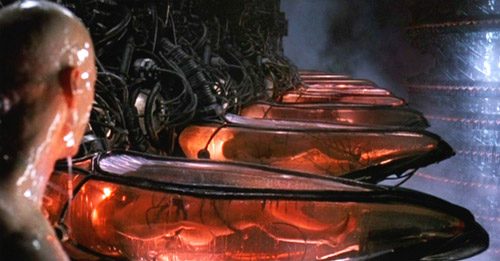
Neo realizes learns he’s a “Copper-top” in Warner Bros.’ film The Matrix.
This scenario is in stark contrast to what we once hoped the web to be. We imagined it as a means of liberating people. It’d democratize publishing, knowledge, and access. In fact, for-profit use of the internet was initially prohibited on the web. But, as with most innovations, the desire for control/ownership tends to overpower such openness. While no one goes out planning to relinquish their freedoms, they commonly trade them away for small conveniences. On Facebook, they trade ownership for an instant network. With Gmail, they trade privacy for frictionless email. With fitness apps, they trade their health information for easy statistics.
“Arguing that you don’t care about the right to privacy because you have nothing to hide is no different than saying you don’t care about free speech because you have nothing to say.”
Convenience is a killer. Convenient food makes us sick. Convenient transportation makes us fat. Convenient information makes us stupid. Convenient packaging poisons our environment. Shortcuts comes with a cost—even if you don’t recognize what that cost is. Conversely, inconvenience/discomfort is often a good for you. Unprocessed foods are typically healthier. Walking benefits your body and mind. Long reads force you to learn. Packing your own reusable bags minimizes your carbon footprint.
So, when I ask what the web would do for me—in a perfect world—I come back to a few ideas: It should lead me to discover new people who think differently than I do. It should force me to grow and rethink my biases. It should lead me to find new (virtual) places, perhaps hidden to me in real life. It should challenge me—and it needn’t necessarily be easy.
“Discovery” is easy these days. Many companies have created algorithms to help you find exactly what you want to find—but didn’t know to look for. A YouTube algorithm tells you what to watch. A Spotify algorithm tells you what to listen to. A Google Ad algorithm tells you what to buy. This is all very easy—but not always that gratifying.
Those over a certain age, will remember how much work used to go into finding new music. The act of walking into a record shop, picking some weird album (probably due to compelling artwork), giving it a spin—and then dropping $10 to give it a shot wasn’t easy. Yet, there was a kind of adventure in all of this—and the possibility of discovering something unexpected. This opportunity still exists (on a larger scale) on the web: but if Facebook is your only window to the web, you won’t discover anything other than what the algorithm allows.
You can always walk away
I tried to moderate how much I used Facebook. I stopped posting regularly. I installed Stay Focused. I uninstalled the Facebook app from my phone (years ago). None of it worked. That little red dot kept bringing me back—and then staying longer than I wanted. It seems Facebook is The Hotel California.
“Last thing I remember, I was running for the door. I had to find the passage back to the place I was before. ‘Relax’ said the night man, ‘We are programmed to receive. You can check out any time you like—but you can never leave.’”
For those willing to defy convention, there are two ways to leave Facebook. You can delete your account or you can deactivate it. I chose to leave rather hastily. So, I picked the latter option, reasoning that I shouldn’t be too rash. (I’ll return in a few months to delete the account outright.)
Clicking Deactivate leads to a new screen. Here, you learn of the consequences of deactivating. Your profile will be disabled, and your name and photo will be removed from the things you’ve shared. That said, you’re name will still be in friends’ Friends List, and the messages you sent. They also explain that your [number of] friends will no longer be able to keep in touch with you.
Then, there’s the emotional appeal, showing you 5 of your friends, and explaining how they will “miss you”. They also require you to provide a reason for leaving. (I said something like, “Using Facebook makes me feel crummy.”) You can then opt out of emails. Finally, you must delete or transfer ownership of applications/pages before deactivating. For those whose work intersects with Facebook, this can prove a substantial barrier.
Your reasons are wack
I put off leaving Facebook for a long time. Following are my reasons for procrastinating—which I bet are similar to yours. In each, I counter with arguments as to why these reasons are bunk.
“My friends will think I unfriended them”
This is a legitimate concern. Whenever I saw that I was no longer connected to someone, I feared that they were angry with me. Truth is, though, the people I’m really friends with will just pick up the phone and ask. The rest probably won’t be that concerned. Besides, for my ~1,400 friends on Facebook, I only talk to a half dozen in real life.
“What about the pages I manage?”
This, too, isn’t a trivial matter. That said, I urge you to look at the engagement rates on your pages. Odds are that it’s pretty low. Worse yet, your Facebook Page allows the network to own the relationship you have with your customers/audience. Perhaps assign social media management privileges to a colleague. Or, better yet, write one last post that notes you’re no longer updating the page—and direct interested people to sign up for your email newsletter.
“I need it for my career”
Cal Newport, debunks this notion rather nicely. He reminds us that the we get paid to do things that are rare and valuable. Using social media is neither. If you were truly thinking about your career, you’d spend more time doing deep work—not watching videos about making yam toast.
“I won’t be able to contact my cousins”
I bet you can find their email addresses if you dig around for a moment. If not, ask your mom for their phone numbers.
This is what I discovered
The moment I left Facebook, I felt compelled to post a note about how I just left Facebook. #irony. Seems the impulses I learned over the past decade will take some time to shake. Once this passed, though, I felt surprisingly OK. It was more than that, though. It seemed as though I was somewhere new, and would have to regain my bearings.
Without Facebook and Twitter, absent-minded browsing isn’t so easy. I burn a few minutes on HN, Bless this Stuff, or CNN, but these don’t hold me for long. If I’m honest, this has resulted in much shorter washroom visits—and I suspect my hemorrhoids would applaud my decision, if they could.
So, I feel a little like I did at the record store, back in 1987. I know there’s a world of stuff for me to discover, but I’m not sure where to start. This is a sad admission. For me, and many others, Facebook is the portal through which we access the web. That concerns me—and it should concern you too.
I struggle with focus. Leaving Facebook and Twitter is the single most effective thing I’ve done to remedy this. Free of the ability—and pestering—to check an alert, I can achieve flow state more easily than before. (As an aside, that was the beauty of a Walkman: it helped me get into what I was doing; whereas, an iPhone seems to do the opposite.)
The big realization I’ve come to, as a result of this change, is that I don’t want to be on display. In spite of all the recommendations to be transparent, social, and accessible, I see very little value in this. I’m not a product. I do not want to maintain a “personal brand.” I don’t want to livestream my life. Although I’d like to make things people use, I—as a person—would rather be invisible.
You know what else? When I stopped looking at all the arguments on Facebook/Twitter, I started to feel more relaxed. I notice this most when I accidentally stumble upon such an argument, and immediately tense-up. Turns out, not engaging with climate change deniers is healthy.
The other channels
I felt so good after I left Facebook, that I wanted more… or, less, as it were. This led me to ask which other networks I could separate from—and how to better protect my privacy (and my rights to that privacy). Although only a start, here are some of the additional steps I’ve taken.
To decouple
I went private on Instagram, and intend to wipe that photo archive. I’m no fan of LinkedIn and find their use of dark patterns concerning. (Additionally, I derive incredibly little value from the network.) So, I’ll soon delete that account. In the meanwhile, I remain logged-out, and am using a 70+ character password to access it. This makes signing in from my computer inconvenient, and almost impossible from my smartphone.
I’ll maintain this low-traffic blog because I like writing. I won’t pimp my out articles on Medium, or any other content network. Sure, you can write for FastCompany, Forbes, or HuffPo to attempt to build your credibility. If you don’t care about that, though, why not just write in a setting that is neither moderated nor owned by another party?
When I first installed them, Nike Run Club and Strava seemed like good ways to track my running. That said, I’m not longer sure why I need to track my runs. Lately, I’m trying to just leave the phone at home, altogether—and take in the sounds around me.
To avoid distraction
Even though I have a spam filter, and don’t sign up for newsletters, 99% of my email is non-critical. Therefore, I disabled email chimes on my computer. (They’ve been off on my phone for years.) Most of the messages I receive can wait. If the message is urgent, someone will call me.
Same goes for Slack, Fleep, and the like. I refuse to turn on system notifications that can interrupt my flow. Instead, I get occasional digest emails that I review and respond to on my own schedule. Sure, I’m not instantly available to my clients, which might bother some. On the other hand, this habit keeps me working efficiently on their projects.
I installed Distraction Free YouTube, which prevents all of the recommendations and autoplay videos. It also hides the (never good) comments area. You could also use a site blocker to limit use of Wikipedia, Reddit, or what-have-you. Personally, though, I don’t overuse those sites.
To control my smartphone
My next smartphone will be a small one (probably the iPhone SE). I like having a way to communicate when necessary. I want the device I use to do so to be small and unobtrusive. More importantly, I’d like to somewhat neuter the thing, like Jake did. (I didn’t go quite as far as him, but I’m close.)
My phone has three main areas. The bottom strip contains the Phone, Mail, Kindle, and Podcasts apps. I’ve moved the music player and browser out of there, so I’m more inclined to read or listen to a podcast—which prioritizes learning.

I keep trying to pare down my phone.
I also turn all notifications off—including email alerts.The main screen has a few apps I need frequently (Messages, Notes, Calendar). The others are high-value, and low-addiction ones like Instapaper and Audible. I also installed Firefox Focus, as it only allows me one website at a time, doesn’t track me, and feels like work to use.
The next screen is effectively a set of folders. These contain all of the apps I feel like I feel like I need (e.g., banking, parking, storage, et cetera). I don’t use any of these often, so I don’t mind them being tucked away. Plus, keeping the folders relatively empty makes finding apps easy—when I must.
To regain my privacy
On the privacy front, I’m a rookie. That said, I realize that if I don’t treat it seriously, I might lose that right. So, I have to set aside some time for learning about this topic. In the meanwhile, I’m mostly just trying to use Google less.
This starts with Firefox. Mozilla’s mission is to “…ensure the Internet is a global public resource, open and accessible to all. An Internet that truly puts people first, where individuals can shape their own experience and are empowered, safe and independent.” This is a sentiment I can get behind. Additionally their new browser is supposed to be way faster.
I’ve played with Tor, but find it a little weird. I’m attempting to use DuckDuckGo for web searches, but like it less than Google’s Search. I’m also running more of my traffic through a VPN, via Private Internet Access.
The future we deserve
I once looked at corporations differently. I figured they were better equipped to make things happen than lumbering, bureaucratic governments. I now feel that I was mistaken. The speed that some corporations act with is made possible by having fewer responsibilities. Additionally, a successful company often becomes so by making things worse for the rest of us.
“Large corporations, of course, are blinded by greed. The laws under which they operate require it—their shareholders would revolt at anything less.”
While many companies do good things, they are not by nature benevolent entities. We must be wary of any who claim to prioritize our needs over their shareholders’. The future we want will require a new model—one that isn’t controlled by any private entity. This can happen, and technologies like Bitcoin are particularly promising—as no one can own them.
We deserve a resilient open web, in which power is decentralized. We deserve a web in which corporations can’t hand our private information over to overzealous government agents. When we do share our information with organizations, we deserve to know how it is being used. And we ought to pay for more of the services we use on the web—so these organizations can afford to build them respectfully.
One last thought, before I wrap up. Facebook is just a product. Don’t forget that. Although their tentacles go deep, you can live without it. Seriously, you’ll be OK. If you want to discuss this post personally, hit me up for a one-on-one conversation. If you’d prefer to write a comment, you can do so here.
Sign up to receive new articles by email:





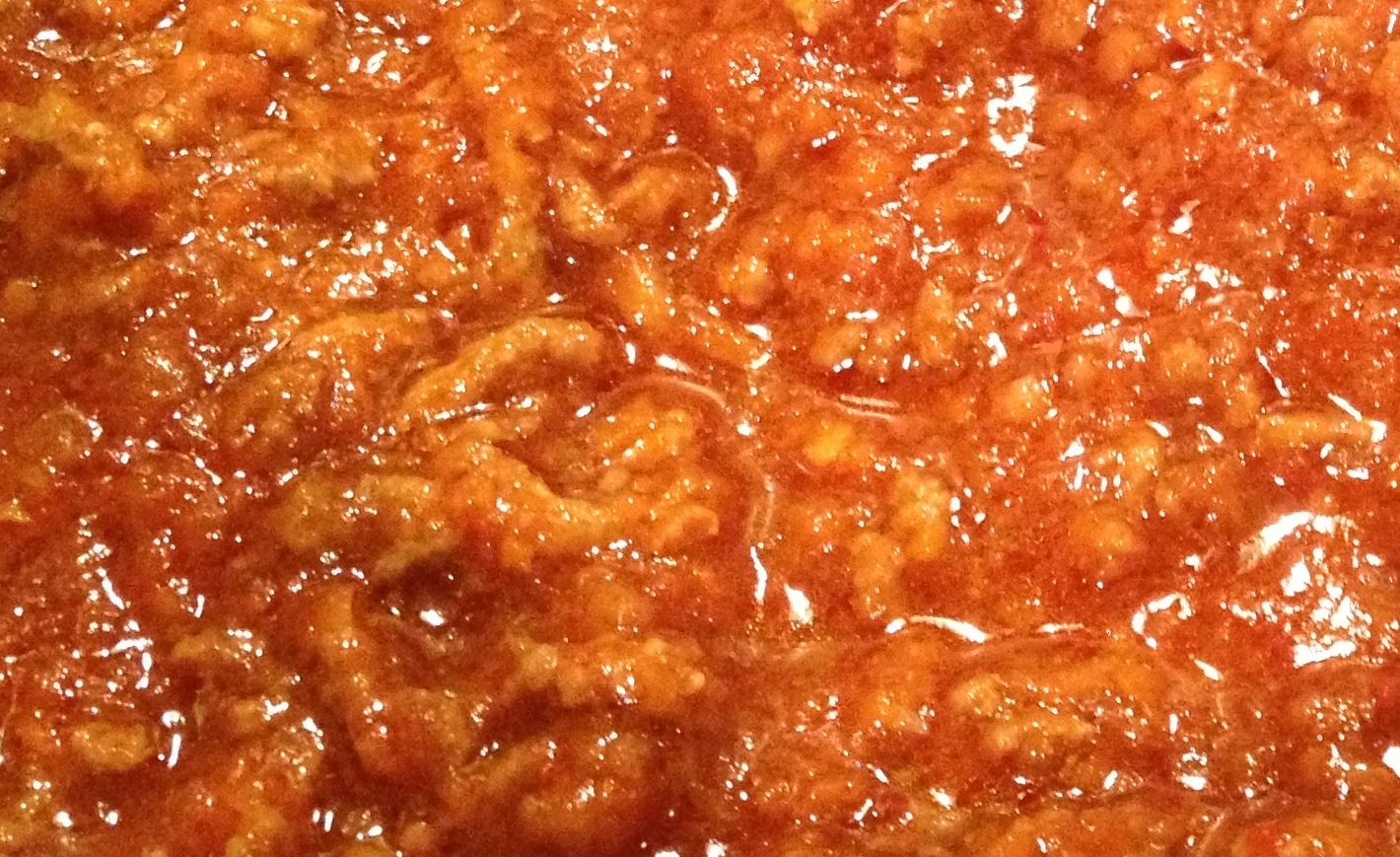


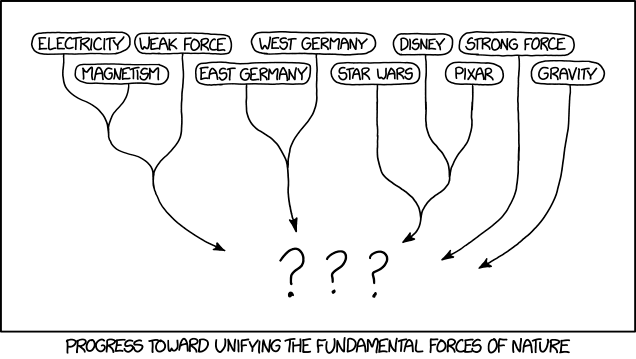

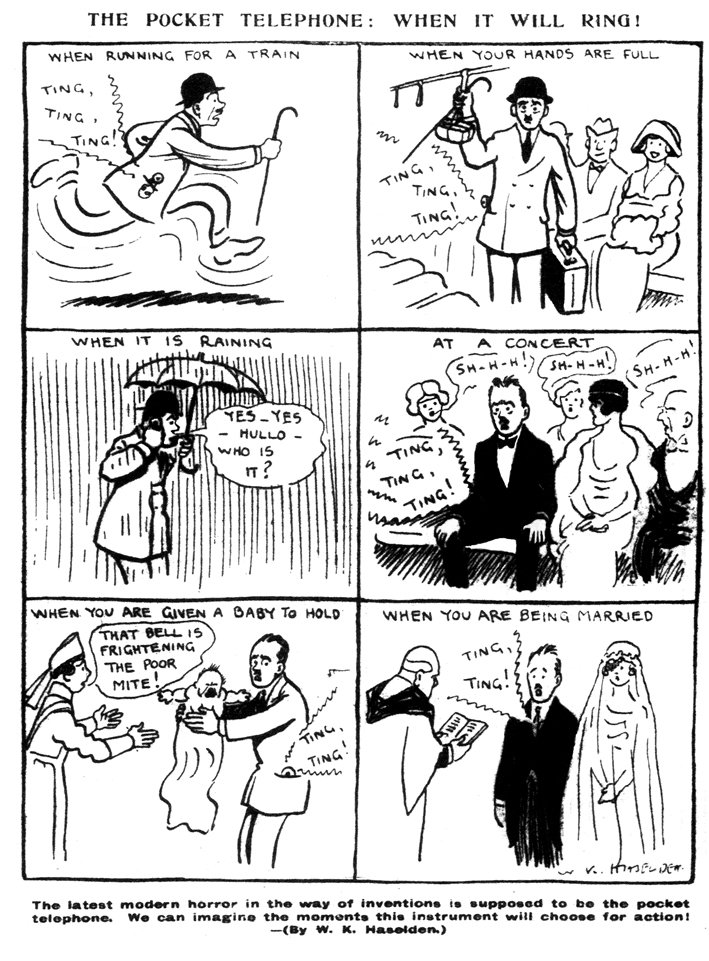
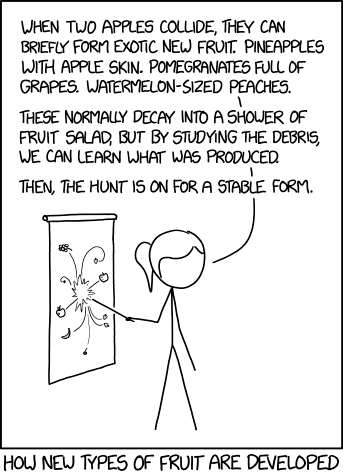
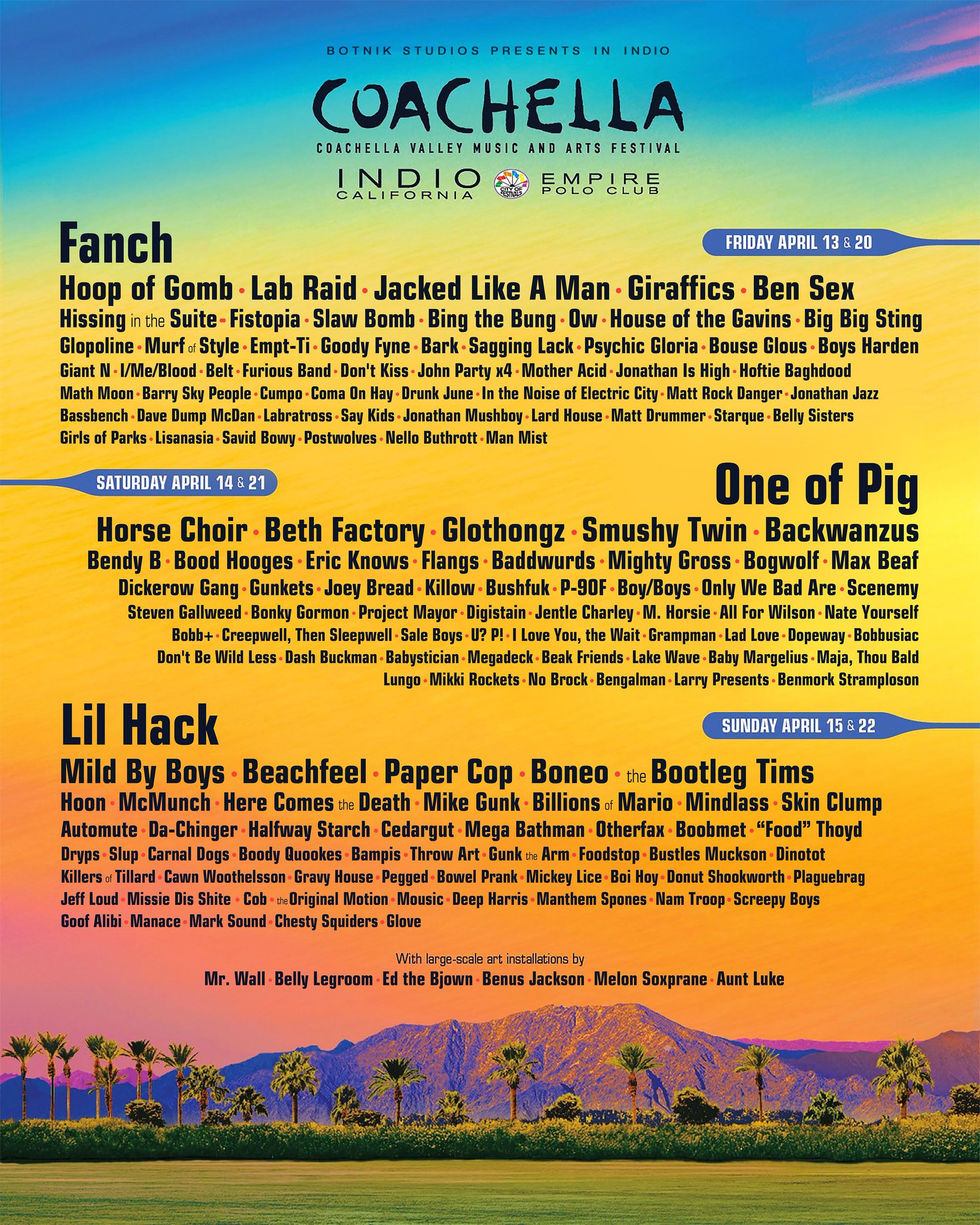

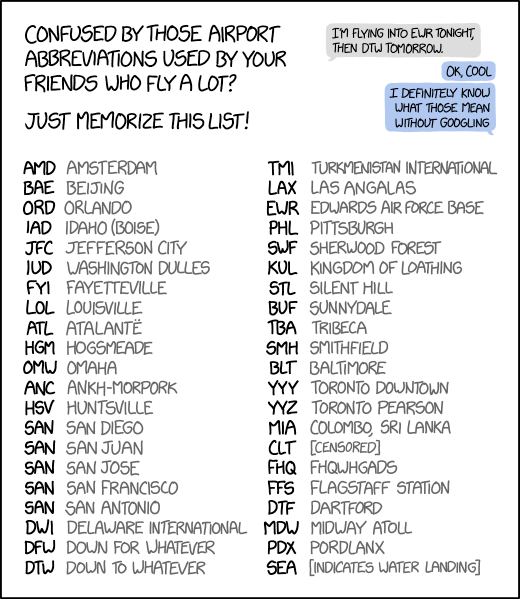


![[hair in face] "SEVVVENNN YEEEARRRSSS" [hair in face] "SEVVVENNN YEEEARRRSSS"](https://imgs.xkcd.com/comics/seven_years.png)


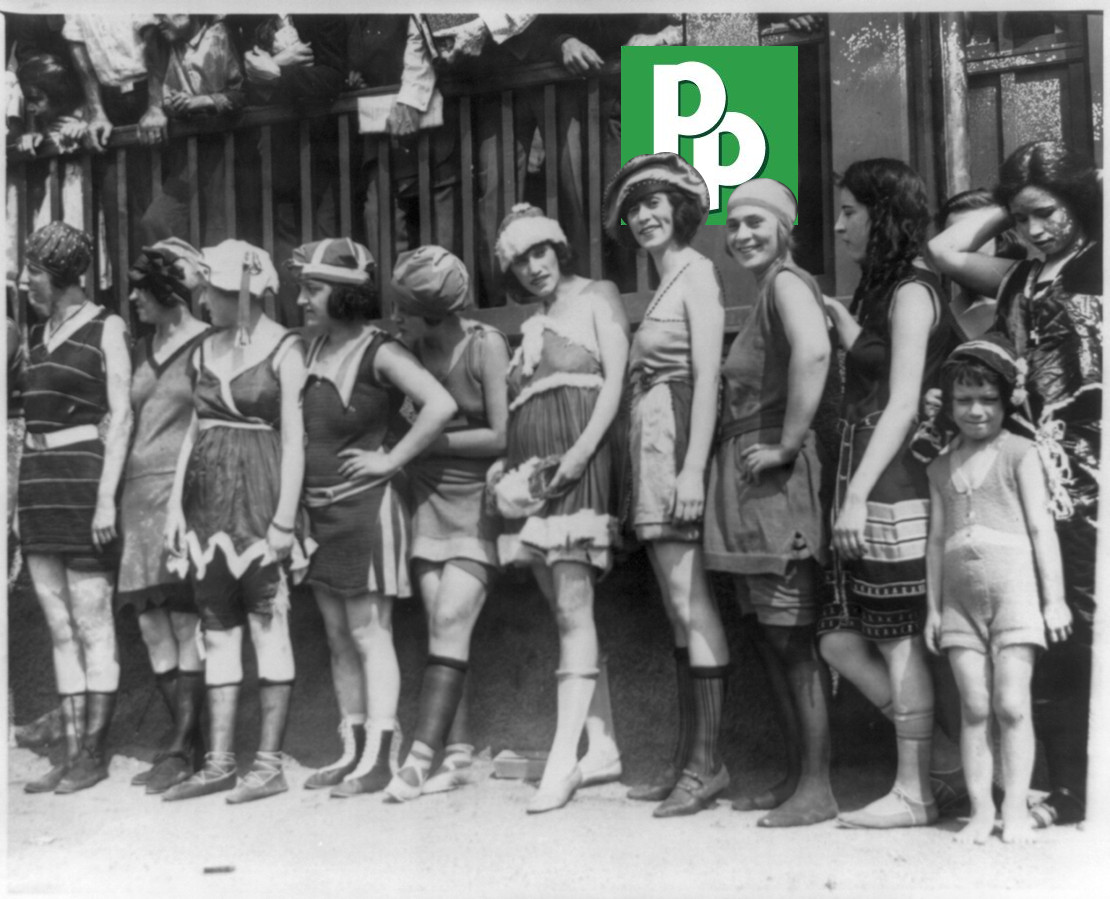
![I'm working on a car capable of evaluating arbitrarily complex boolean expressions on "honk if [...]" bumper stickers and responding accordingly. I'm working on a car capable of evaluating arbitrarily complex boolean expressions on "honk if [...]" bumper stickers and responding accordingly.](https://imgs.xkcd.com/comics/self_driving_car_milestones.png)





